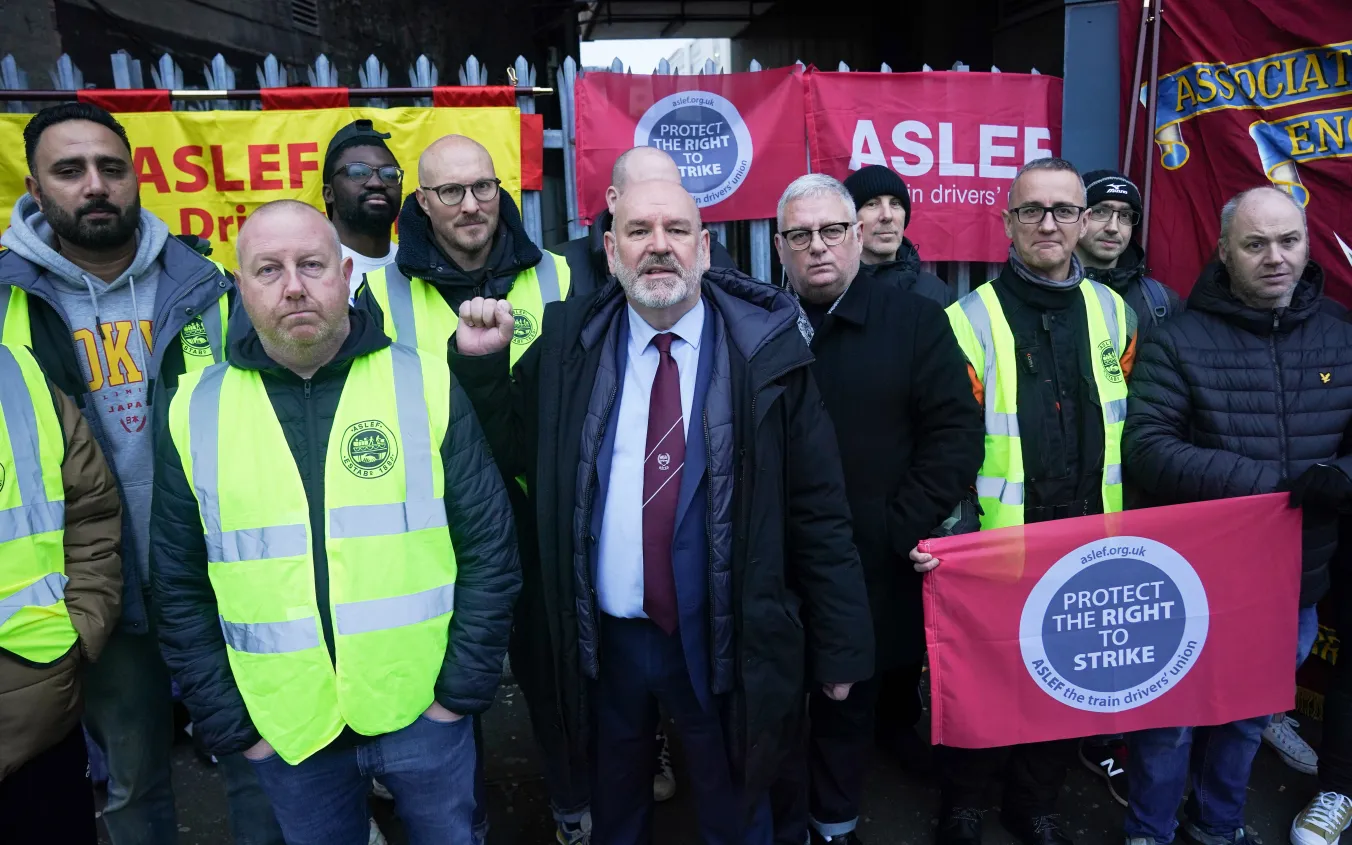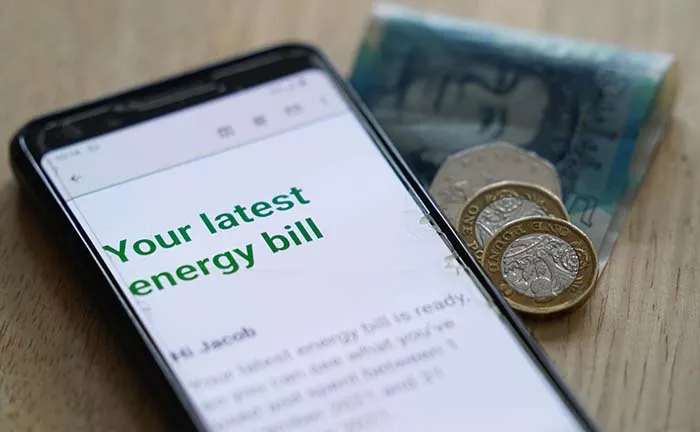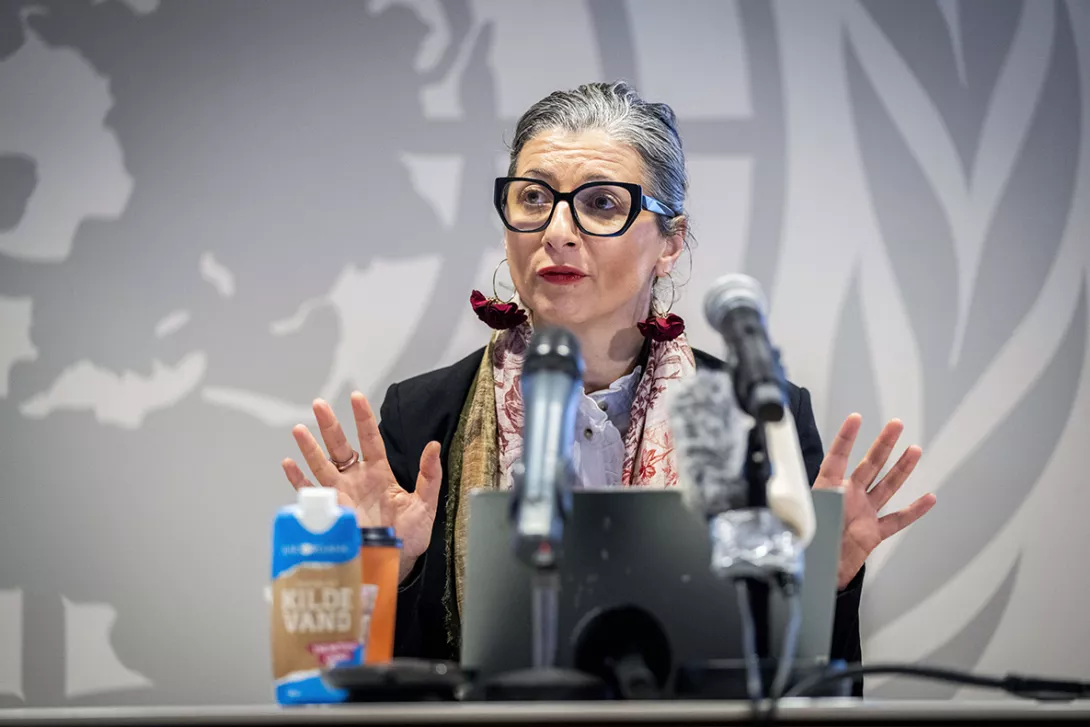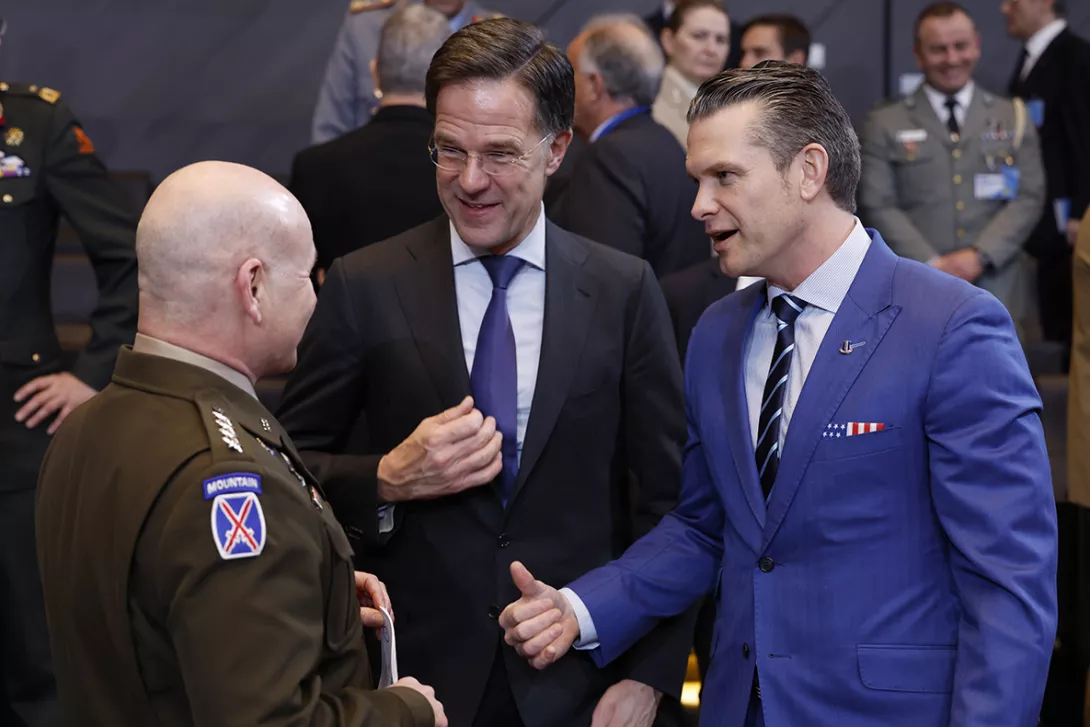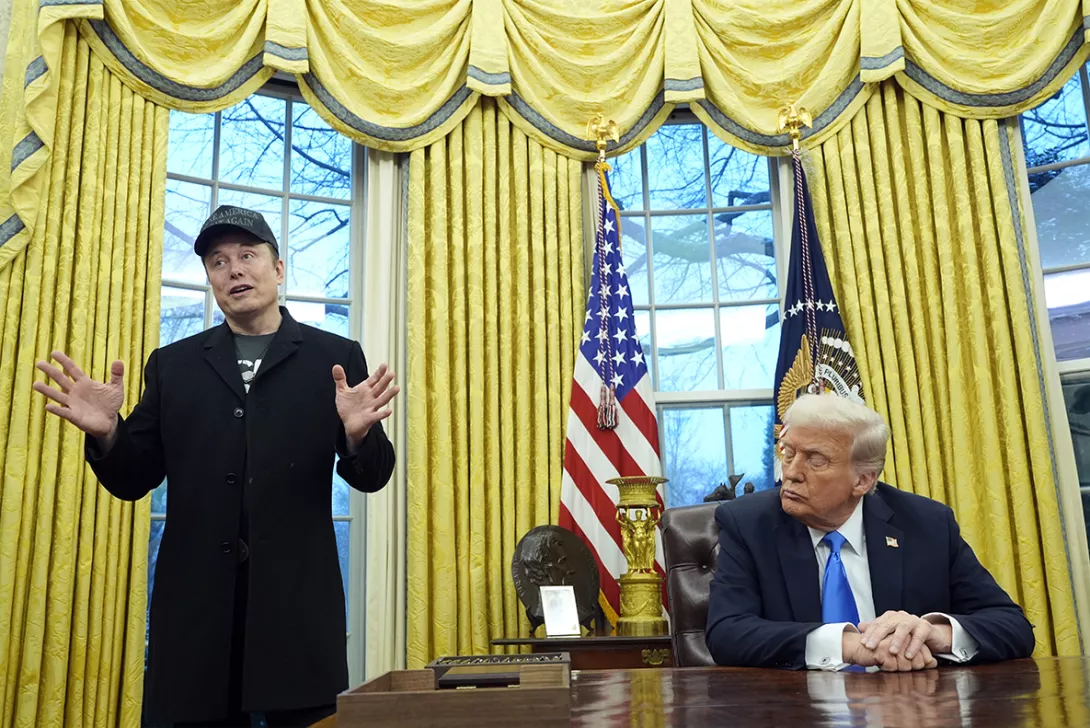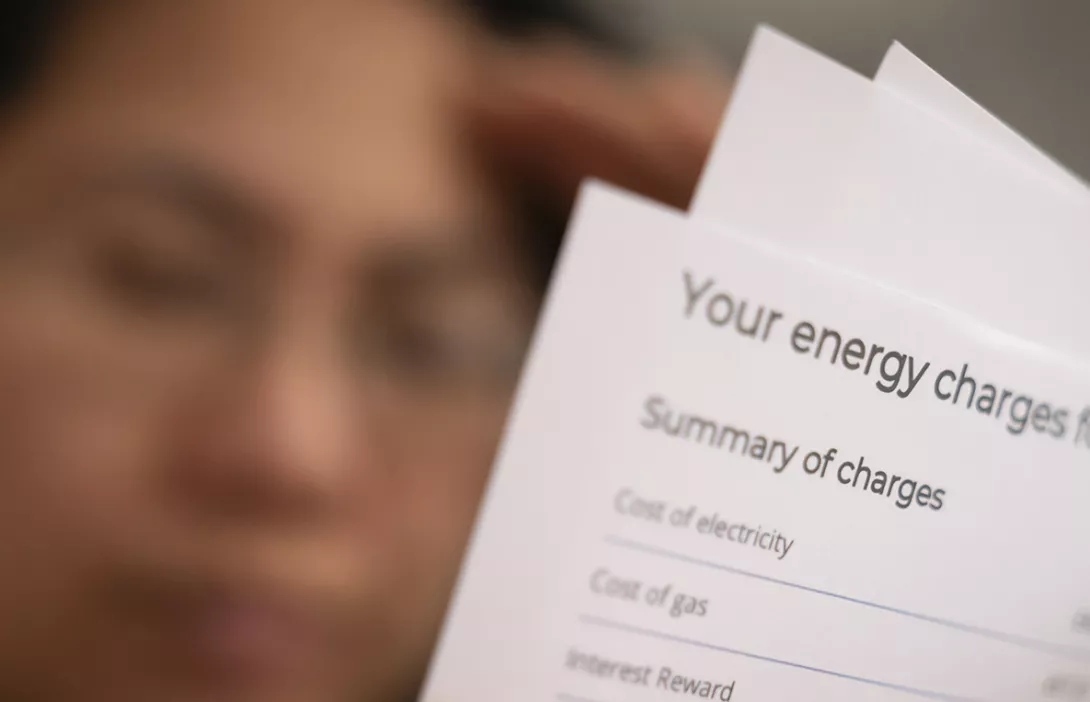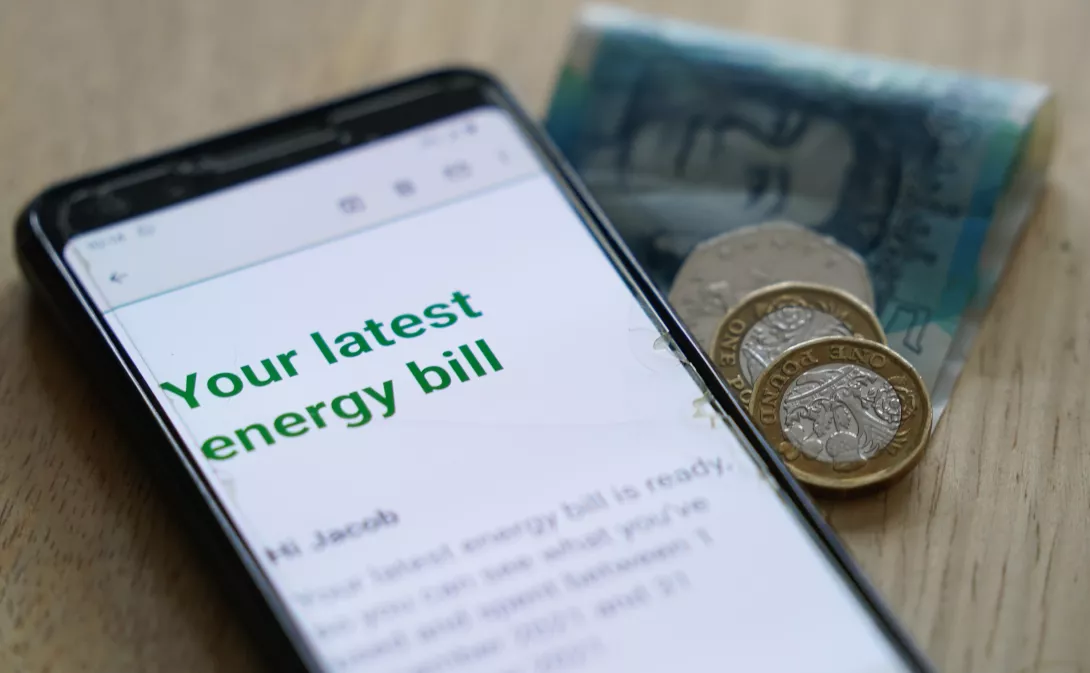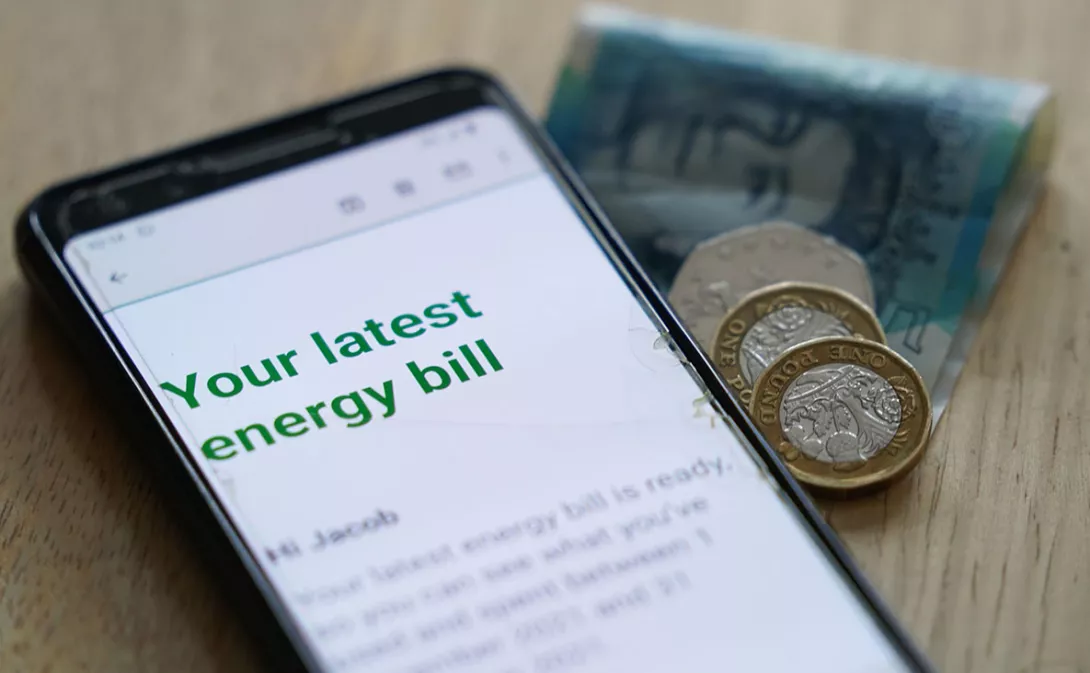
THE energy price cap is now predicted to hit £4,226 in January — an almost £3,000 or 230 per cent increase on where it stood in January this year.
The scale of the crisis is beginning to dawn on politicians, with Gordon Brown warning households face a “financial precipice” earlier this week and now the Lib Dems calling for a “wartime mentality.”
Unfortunately the scale of the economic shift required to tackle it remains taboo. The Lib Dem call for an equivalent to the emergency furlough payments made during the pandemic is instructive.
Furlough was an essential lifeline for millions of workers (and businesses). It is to the great credit of the TUC that it negotiated this with ministers ideologically opposed to state intervention in the economy. But furlough was a crisis measure that left the shape of the British economy untouched.
If coronavirus was a wake-up call Britain’s politicians have hit the Snooze button.
None of the problems it revealed — underinvestment in the health service, the inefficiencies introduced by privatisation, the public health risks entailed by endemic outsourcing, the lethal consequences of race and class inequalities — have been addressed. Most are getting worse. We will not be well prepared for the next pandemic.
The competition to offer emergency relief schemes for rising bills similarly treats this crisis as a passing storm. It isn’t.
Even the Bank of England’s forecasts point to inflation being a long-term problem.
Though capitalist media continues to promote economically illiterate drivel like that of John Lewis’s chair Sharon White, who blames wage rises (currently averaging about 4 per cent) for galloping inflation (currently well over 9 per cent), the causes of high inflation now are likely to be with us medium-term at least.
There is no sign of an end to Russia’s war on Ukraine, the US-led drive to “decouple” from China is disrupting trade and warming world temperatures are increasingly playing havoc with crop harvests.
Above all, there is no push from politicians to eat into widening profit margins. Defence Secretary Ben Wallace — in an intervention aimed at lowering expectations around government help — claims “we are all feeling it in the pocket.” No we are not.
Corporate profits are booming and this year’s Sunday Times Rich List hailed “a golden era for the super rich,” gushing that the richest 250 people in Britain now own more than the richest 1,000 did just five years ago.
Politicians’ talk is designed to pretend there is nothing we can do about the “market forces” that are emptying our pockets as they fill those of the capitalists.
Wallace’s guff about there being no “magic wand” is one example, but so is Rishi Sunak’s plea that he cannot specify what relief measures to introduce before knowing how far Ofgem will raise the price cap. As if Ofgem were not a government body. As if ministers did not have the power to simply instruct it not to raise the price cap.
Every politician should be asked why the French government can limit price increases to 4 per cent when ours are forecast to rise 230 per cent.
If the answer is that the French energy system is in public hands, then the solution here is obvious. Nationalise it.
Kate Osborne MP cuts through the Westminster charade around emergency relief: “We don’t need a furlough to bail out energy companies. We need the cap to remain where it was last year — energy companies should absorb these costs from their record profits.
“But mostly we need public ownership!”
The unthinkable at Westminster is not unthinkable among ordinary people. One legacy of the Corbyn period is that issues of ownership and control of our country’s wealth are back on the public radar.
But it will take a mass movement from below to put them on the political agenda.
